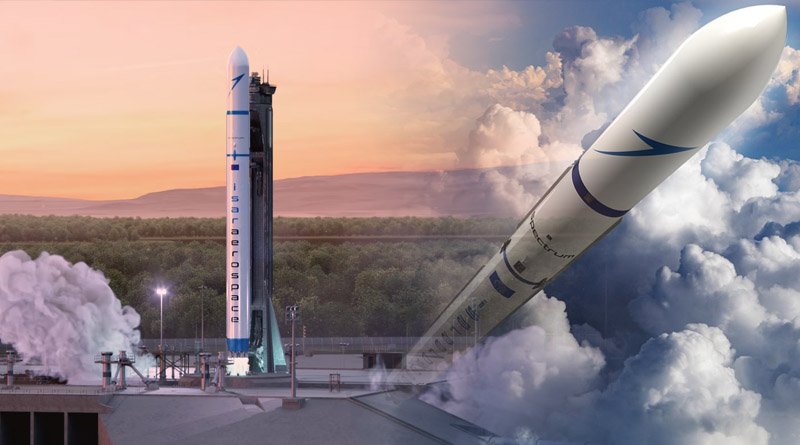The development of defence technology is a crucial initiative to support the creation of a community with a shared future for mankind in space, said Chen.

China is considering conducting its first near-Earth asteroids (NEAs) defence demonstration test to approach and closely observe an asteroid before striking it to change its orbit around 2030, according to a top expert in the nation’s space industry.
According to Chen Qi, head of China’s Deep Space Exploration Laboratory’s Institute of System Research, China wants to conduct a kinetic impact on an asteroid around 2030, achieve the diversion of its orbit between 2030 and 2035, and hopefully have the preliminary capability to control its orbit by 2045.
Chen and other deep space exploration experts from China presented the plan for defence against NEAs at the International Deep Space Exploration Conference, which was hosted by the Deep Space Exploration Laboratory in Hefei.
The development of defence technology is a crucial initiative to support the creation of a community with a shared future for mankind in space, Chen added.
The potential impact of near-Earth asteroids on Earth is a serious threat to the long-term sustainable development of mankind. The development of capabilities for monitoring, warning, and defence against near-Earth asteroids is explicitly stated in an action plan that the China National Space Administration released in 2022.
A global campaign to find an overall concept, name, and logo for the first demonstration test of China’s NEA defence mission as well as the proposal for the succeeding missions was also launched at the conference by China’s Deep Space Exploration Laboratory.
Chen claims that Chinese experts have also specified a number of criteria for the proposals. For example, the collision with the asteroid shouldn’t endanger Earth.
The target asteroid should not be too far away and should be visible through telescopes on the ground. In order to jointly develop the payloads, carry out joint global ground-based observations, and share scientific application data, we are willing to work closely with our counterparts internationally, Chen continued.